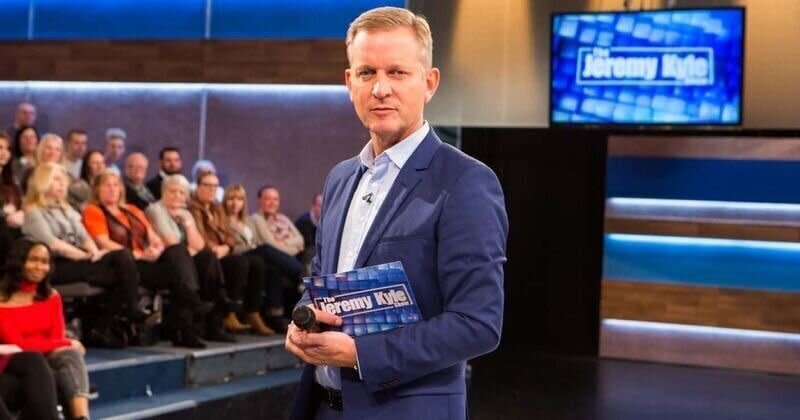Lie detectors may be banned from TV as Ofcom probes 'Jeremy Kyle Show'

The use of lie detectors in reality TV faces a ban, following the deaths of participants in The Jeremy Kyle Show and Love Island.
Sharon White, chief executive of TV watchdog Ofcom was called to speak to a a committee of MPs who have launched an inquiry into realty television.
White revealed ITV has asked for more time to report back on the events that led up to the death of Jeremy Kyle guest Steven Dymond. The ITV talk show has now been axed as result of what happened.
The Ofcom boss told the Digital, Culture, Media and Sport Select Committee: “We will be looking at lie detectors and other tools used by the production companies, as to whether … it’s fair treatment for vulnerable individuals.”
Read more: Some 'Jeremy Kyle' lie detector results were faked for 'dramatic result,' claims former producer
Following the death of Mr Dymond, Ofcom asked ITV to give it information within five working days.
White said: “Obviously, given the seriousness of what happened … we were very quickly in touch with ITV on the Monday, as soon as we heard the news and had asked ITV for a report within five working days about what process they had followed…
“ITV have now asked for more time to complete their inquiries.”
The cancellation of Jeremy Kyle has led to calls to axe Love Island following the deaths of two of its stars Mike Thalassitis and Sophie Gradon.

White said that “alarm bells” had been ringing for some time about some programmes.
“We have been particularly concerned about what’s then happened to participants after the programmes, so as well as the most recent tragedy with Steve Dymond, alarm bells were particularly rung with the two suicides, Love Island, some months after the broadcasts,” she said.
Ofcom announced, following the Kyle controversy, that it had already been looking at the possibility of tightening up the rules on reality TV and safeguarding the welfare of its participants.
White said, “It had been on the cards for some time”.
She said: “We’ve … got a job to do to make sure that the broadcasters responsible for the duty of care have got enough guidance to ensure that such tragic events don’t happen again…
“I have a question about whether there’s more that needs to be done after transmission, particularly given, as we saw with Love Island, it can be months and months and months before the media and social media pressure is building and very significant on some of the participants.”
She added: “The high risk prize events or the use of a lie detector or a particular editorial tool may not be appropriate for the under-18s and others needing special support.”
She denied the regulator was acting “too late” by looking at bringing in “clearer guidance”, saying. “As the situation has evolved, I think we are all more conscious of some of the negative side of this.”
Celebrity Big Brother last year had around 27,000 complaints, White said, while Love Island had over 4,000.

